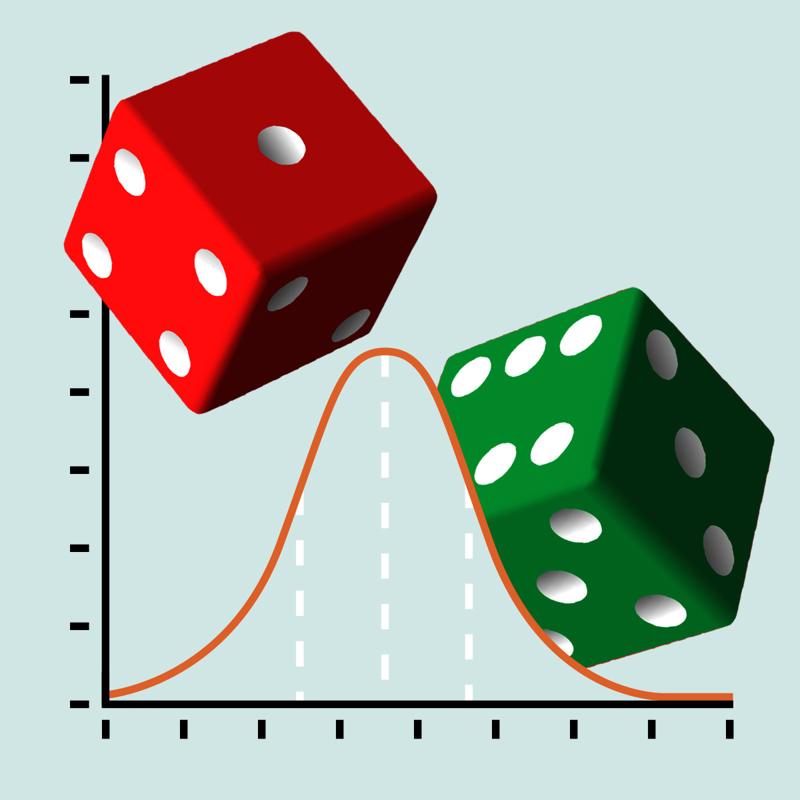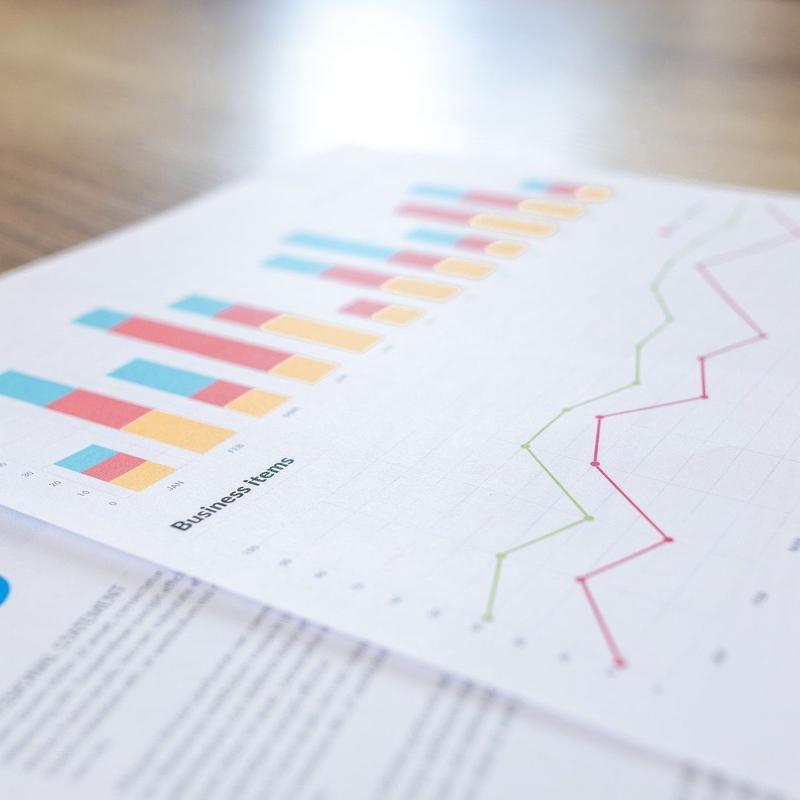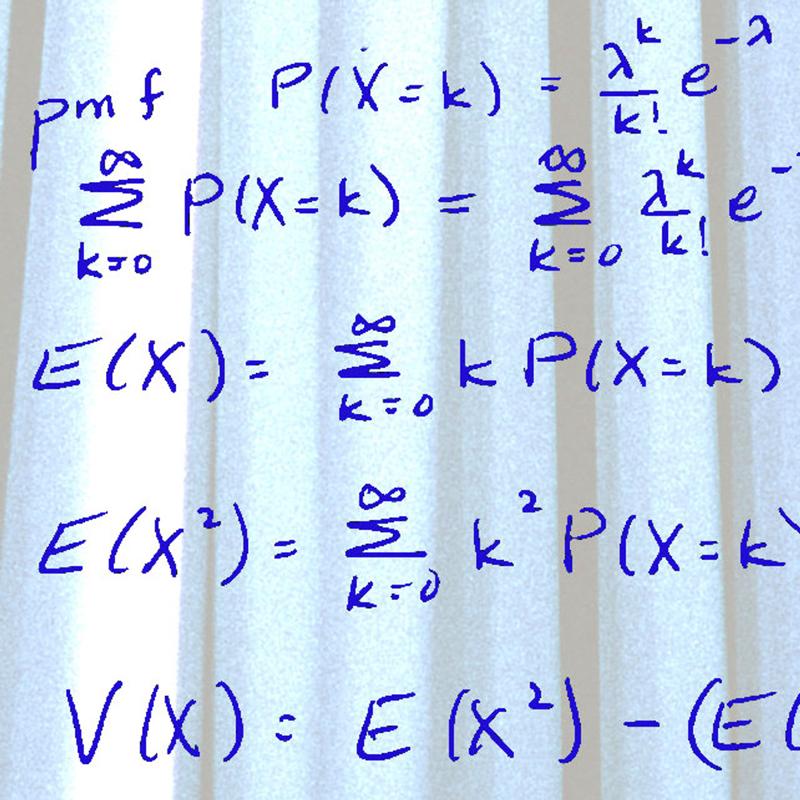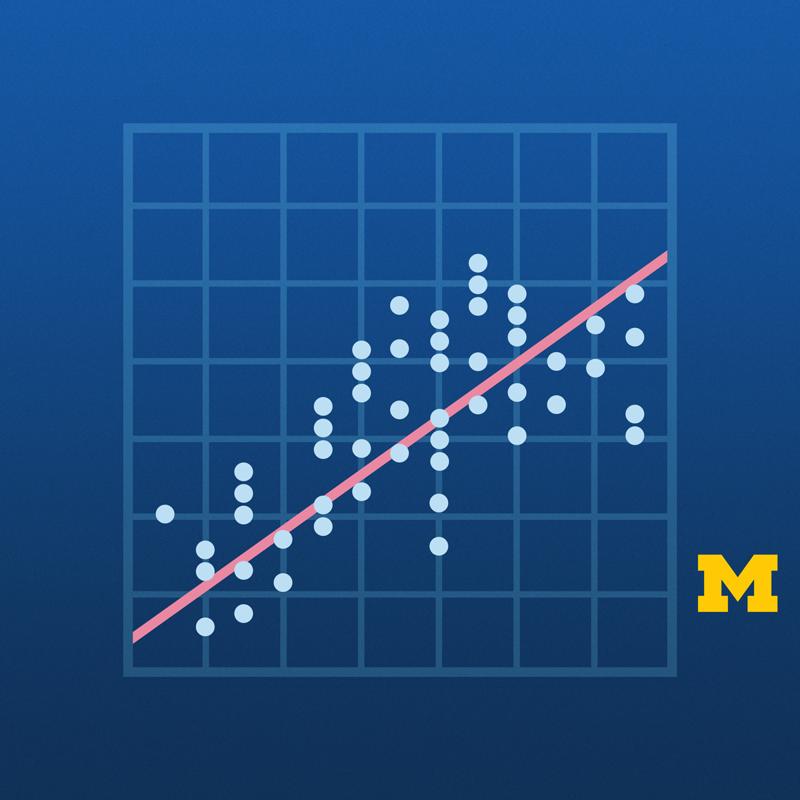Probability & Statistics courses
Probability and Statistics are essential to understanding data analysis and knowing how to interpret and present empirical data. This course compendium aims to show you everything you need to know about Probability and Statistics.
You'll learn how to make conclusions based on sample chunks of information without gathering large amounts of data. With our course collection, you will explore statistical methods like inferential statistics, expectation, and variance, using hands-on projects to understand the concepts better.
Total courses: 119
Duration

-
Flexible deadline
-
4 hours
-
Certificate

-
Flexible deadline
-
5 hours
-
Certificate

-
Flexible deadline
-
30 hours
-
Certificate

-
Flexible deadline
-
4 hours
-
Certificate

-
Flexible deadline
-
12 hours
-
Certificate

-
Flexible deadline
-
4 hours
-
Certificate

-
Flexible deadline
-
4 hours
-
Certificate

-
Flexible deadline
-
4 hours
-
Certificate

-
Flexible deadline
-
4 hours
-
Certificate

-
Flexible deadline
-
4 hours
-
Certificate

-
Flexible deadline
-
3 hours
-
Certificate

-
Flexible deadline
-
48 hours
-
Certificate

-
Flexible deadline
-
4 hours
-
Certificate

-
Flexible deadline
-
4 hours
-
Certificate

-
Flexible deadline
-
4 hours
-
Certificate

-
Flexible deadline
-
4 hours
-
Certificate

-
Flexible deadline
-
4 hours
-
Certificate

-
Flexible deadline
-
16 hours
-
Certificate